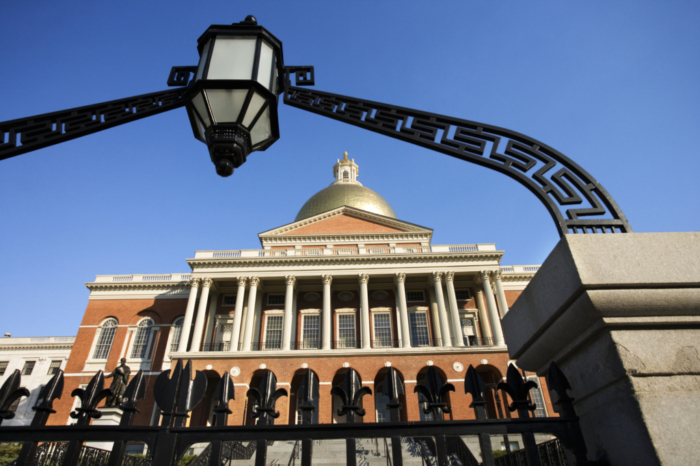Time to End Legislative Exemptions from Public Records & Open Meeting Laws
Under Massachusetts law, the state Legislature is not considered a “public body” in the traditional sense, and therefore enjoys exemptions from open meeting and public records laws. Pioneer Institute believes this is unconstitutional. The state constitution says the Legislature should be accountable to citizens “at all times.”
The laws that apply to municipalities and the rest of state government should also apply to the Legislature. The 2016 public records reform law failed to adequately address this exemption but did establish a special legislative commission to look into the issue further. The commission’s report was supposed to be submitted to the House and Senate Clerks’ Offices by December 30, 2017. Unfortunately, the deadline was quietly extended to December 1, 2018. In February of 2018, the commission began its work on the matter.
Through PioneerLegal, Pioneer Institute’s public-interest law initiative, we reviewed the state’s constitution and existing statutes and concluded that the legislative exemptions from public records law and open meeting laws are unconstitutional. To give input on this issue, we have sent an open letter to the chairs of the legislative commission detailing the argument. Please read our letter here.
Letter to Public Records Commission 4-3-18 by Pioneer Institute on Scribd
(function() { var scribd = document.createElement(“script”); scribd.type = “text/javascript”; scribd.async = true; scribd.src = “https://www.scribd.com/javascripts/embed_code/inject.js”; var s = document.getElementsByTagName(“script”)[0]; s.parentNode.insertBefore(scribd, s); })();
Related Posts:




